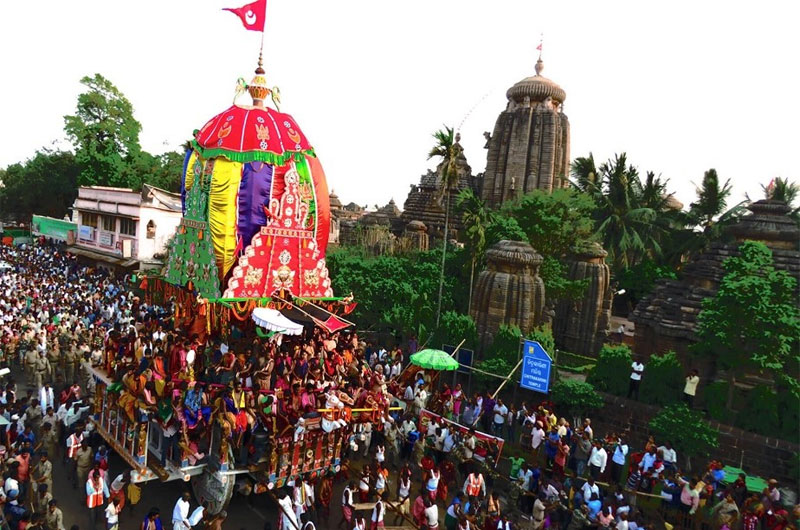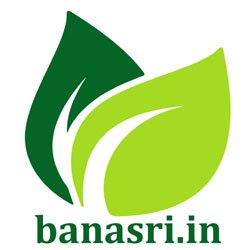
Festivals of Tripura
Tripura, one of the northeastern states of India, is known for its diverse culture and vibrant traditions. The festivals of Tripura are a reflection of the rich cultural heritage and harmonious coexistence of various communities in the state. These festivals celebrate the customs, beliefs, and social life of the people. Here is a detailed exploration of some of the most significant festivals of Tripura.
Kharchi Puja
Time of Festival
- July
Specialty of the Festival
- Significance: Worship of the fourteen deities of Tripura.
- Activities: Rituals, offerings, and cultural performances.
Locality of the Festival
- Celebrated by: Entire Hindu community
- Major Locations: Puran Agartala, near Agartala
Nature of the Festival
- Type: Religious and cultural
- Description: Kharchi Puja is a major festival of Tripura, dedicated to the worship of fourteen deities. The festival lasts for seven days, during which elaborate rituals and offerings are made to the deities. It also features cultural performances, traditional music, and dance. The festival is a blend of religious fervor and cultural celebration, attracting devotees and tourists alike.
Garia Puja
Time of Festival
- April
Specialty of the Festival
- Significance: Seeking blessings for a good harvest and prosperity.
- Activities: Rituals, traditional dances, and music.
Locality of the Festival
- Celebrated by: Indigenous tribes, particularly the Tripuri tribe
- Major Locations: Rural areas across Tripura
Nature of the Festival
- Type: Agricultural and religious
- Description: Garia Puja is an important harvest festival celebrated by the indigenous tribes of Tripura. The festival involves rituals and offerings to the deity Garia for a bountiful harvest and prosperity. Traditional dances, music, and community feasts are integral parts of the celebration, reflecting the close connection between the tribal communities and their agricultural practices.
Durga Puja
Time of Festival
- September or October
Specialty of the Festival
- Significance: Worship of Goddess Durga and celebration of her victory over evil.
- Activities: Rituals, idol immersion, cultural performances, and feasting.
Locality of the Festival
- Celebrated by: Entire Hindu community
- Major Locations: Throughout Tripura, especially in Agartala
Nature of the Festival
- Type: Religious and cultural
- Description: Durga Puja is one of the most widely celebrated festivals in Tripura, dedicated to Goddess Durga. The festival involves elaborate rituals, idol immersion, and cultural performances. Pandals (temporary structures) are beautifully decorated, and people participate in community feasts and cultural events. The festival is marked by a spirit of joy, devotion, and communal harmony.
Diwali
Time of Festival
- October or November
Specialty of the Festival
- Significance: Celebration of the victory of light over darkness.
- Activities: Lighting of lamps, fireworks, rituals, and feasting.
Locality of the Festival
- Celebrated by: Entire Hindu community
- Major Locations: Throughout Tripura
Nature of the Festival
- Type: Religious and cultural
- Description: Diwali, the festival of lights, is celebrated with great enthusiasm in Tripura. Homes and public spaces are illuminated with lamps and fireworks. The festival involves rituals to worship Goddess Lakshmi for prosperity and well-being. Community feasts, cultural performances, and the exchange of sweets are integral parts of the celebration, reflecting the joy and unity of the people.
Ker Puja
Time of Festival
- July or August
Specialty of the Festival
- Significance: Seeking protection and well-being for the community.
- Activities: Rituals, offerings, and strict observance of traditional rules.
Locality of the Festival
- Celebrated by: Indigenous communities
- Major Locations: Puran Agartala and other tribal areas
Nature of the Festival
- Type: Religious and cultural
- Description: Ker Puja is a unique festival celebrated by the indigenous communities of Tripura. The festival involves rituals and offerings to the deity Ker to seek protection and well-being for the community. Strict traditional rules are observed during the festival, and no one is allowed to leave or enter the village. The festival reflects the deep-rooted beliefs and cultural practices of the tribal communities.
Buddha Jayanti
Time of Festival
- April or May
Specialty of the Festival
- Significance: Celebrating the birth, enlightenment, and death of Lord Buddha.
- Activities: Prayers, rituals, and cultural programs.
Locality of the Festival
- Celebrated by: Buddhist community
- Major Locations: Udaipur, Agartala, and other Buddhist areas
Nature of the Festival
- Type: Religious and cultural
- Description: Buddha Jayanti is a significant festival for the Buddhist community in Tripura, celebrating the birth, enlightenment, and death of Lord Buddha. The festival involves prayers, rituals, and cultural programs. Devotees visit monasteries and participate in community feasts. The festival is marked by a spirit of devotion, peace, and harmony.
Christmas
Time of Festival
- December 25th
Specialty of the Festival
- Significance: Celebrating the birth of Jesus Christ.
- Activities: Church services, singing carols, and community feasts.
Locality of the Festival
- Celebrated by: Christian community
- Major Locations: Throughout Tripura, especially in Agartala
Nature of the Festival
- Type: Religious and cultural
- Description: Christmas is celebrated with great fervor by the Christian community in Tripura. The festival involves church services, singing of carols, and community feasts. Homes and churches are decorated, and people exchange gifts. The festival reflects the strong Christian faith and the spirit of joy and goodwill.
Poush Sankranti
Time of Festival
- January
Specialty of the Festival
- Significance: Celebrating the harvest season and the end of winter.
- Activities: Rituals, traditional dances, and community feasts.
Locality of the Festival
- Celebrated by: Bengali and tribal communities
- Major Locations: Throughout Tripura
Nature of the Festival
- Type: Agricultural and cultural
- Description: Poush Sankranti marks the end of the harvest season and the beginning of the winter solstice. The festival involves rituals, traditional dances, and community feasts. People prepare special dishes made from the newly harvested crops. The festival reflects gratitude for the harvest and the joy of the changing seasons.
The festivals of Tripura are a vibrant expression of its rich cultural heritage and the harmonious coexistence of diverse communities. Each festival, with its unique significance and celebrations, offers a glimpse into the traditions and collective spirit of the people of Tripura.
